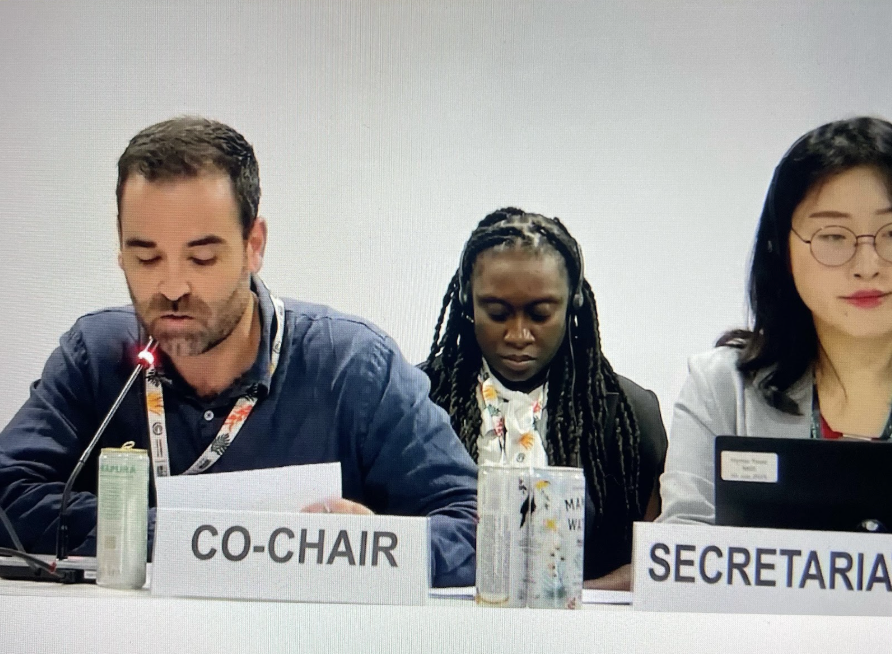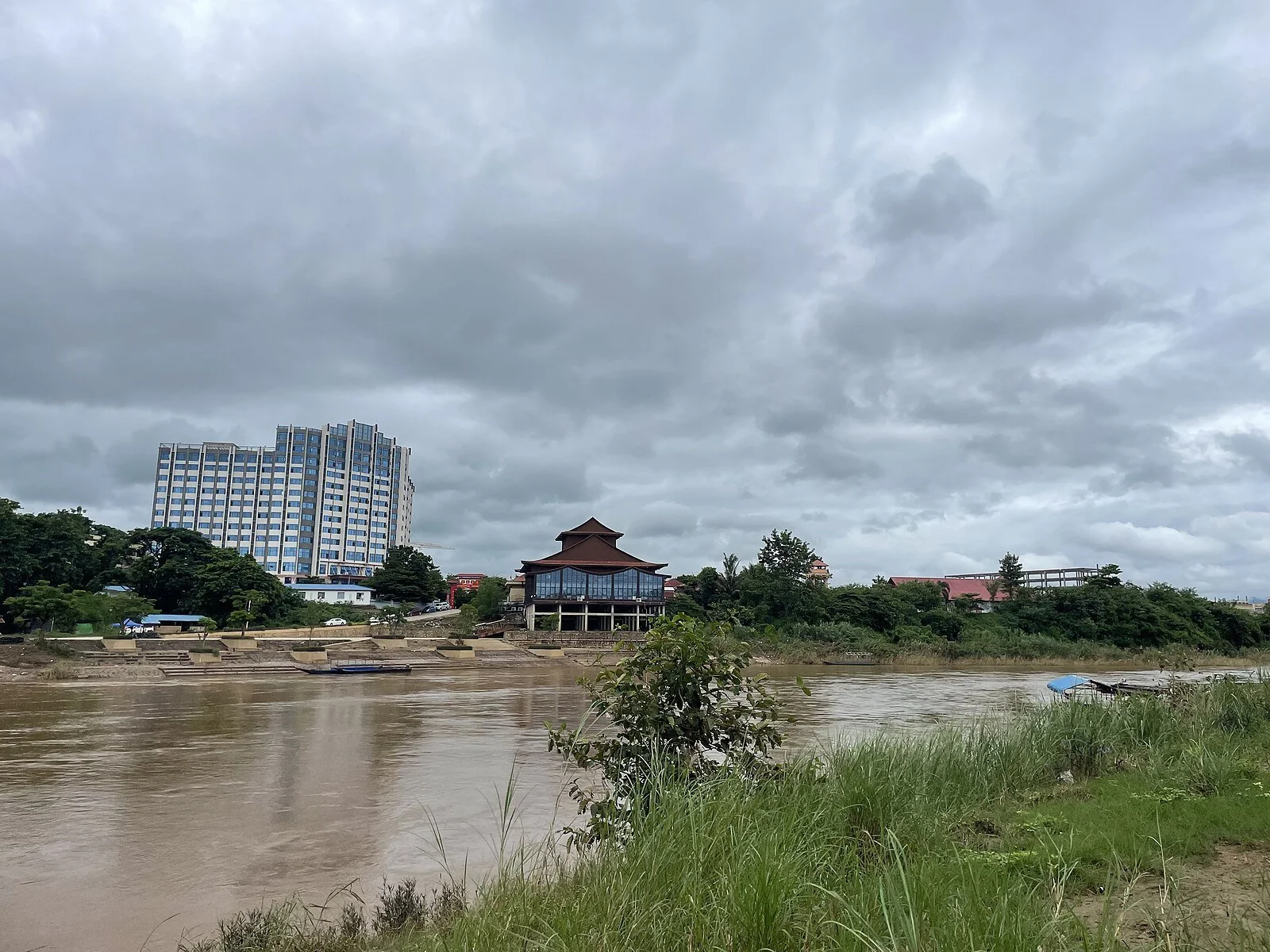Protests Prompt Global Liberalization of Abortion Laws in 2021
Women protest at a reproductive rights rally in Washington, DC. (Ms. Magazine)
As the U.S. passes the 49th anniversary of Roe v. Wade, several other countries have also celebrated expanded access to reproductive healthcare. Over the last 50 years, the international community has shifted dramatically towards liberalizing abortion laws. 2021, however, saw a notable increase in national movements advancing reproductive freedoms. At the forefront of the year’s victories are young activists from East Asia and Latin America.
Argentina
In January 2021, Argentine President Alberto Fernández declared abortion “safe, legal, and free.” The Latin American country is the largest in the region to legalize abortion despite its reputation for religious conservatism. What began as a series of small demonstrations several years ago sparked a national movement of women, blue-collar workers, and professionals who advocated for more open abortion laws in Argentina. Their distinctive green handkerchiefs have also become a symbol for reproductive rights. Demonstrators attracted the support of the international community, encouraging the Center for Reproductive Rights to send a letter to the Argentine Senate urging the body to lift abortion restrictions. The New York-based organization argued that restrictions force women to pursue unsafe procedures that can cause morbidity and death. By positioning abortion as a healthcare issue, activists made President Alberto Fernández more inclined to their cause.
Mexico
Inspired by the Argentine movement, tens-of-thousands of Mexican women took to the streets with green bandanas. Until October 2021, women faced up to three years in prison for having abortions, even in instances of rape. Mexico’s demonstrations encouraged the Supreme Court to address reproductive rights. Subsequently, in an eight-to-three decision, it determined that existing abortion laws violated constitutional rights and, as such, individual Mexican states could decriminalize the procedure (since the issue is enforced on a state rather than federal level).
South Korea
In March 2019, more than one-thousand Koreans braved a storm in Seoul to protest laws permitting abortions only after rape and, even then, only between the 15th and 24th weeks of pregnancy. Demonstrations gained widespread support, with a government-commissioned poll showing that 75 percent of women favored amending the law. As in Latin America, these protests prompted the Constitutional Court to address the matter. In April 2019, the court ruled seven-to-two to decriminalize abortions. The Court left it to the National Assembly to actually revise South Korea’s legislation, which the Assembly then did in January 2021. Officials expects the law to impact nearly 500,000 women per year who otherwise could not have accessed abortion care.
The last five decades have seen the liberalization of abortion access across the globe, however, grassroots movements have recently taken off on a new scale. The cases of Argentina, Mexico, and South Korea all demonstrate the unmistakable-importance of civil society in influencing such change.










